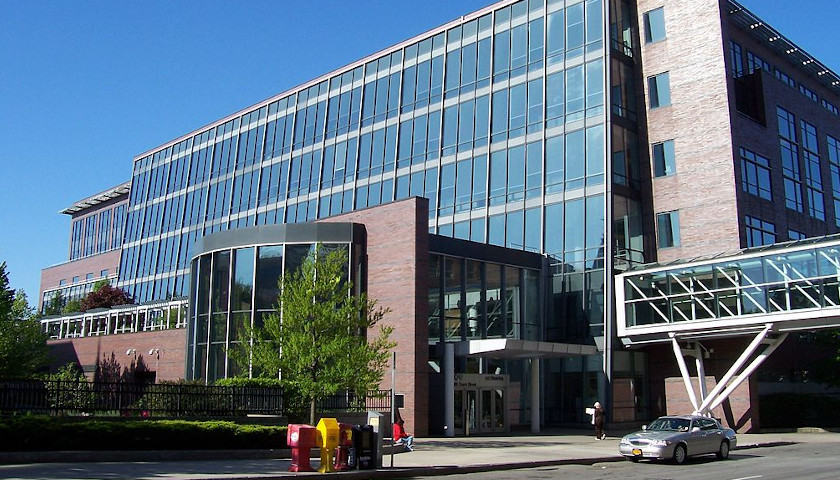by Isaac Tate
I wouldn’t trade living in Tennessee for anything – the scenic landscapes and sense of community that I share with neighbors are things that I deeply cherish. But living in the Volunteer State can also come with challenges. Our rural communities sometimes have fewer choices and less access when it comes to critical resources and services, with the most impactful example perhaps being less access to healthcare providers.
As a Tennessean, I was deeply concerned when I learned that Blue Cross Blue Shield of Tennessee (BCBST), the largest healthcare provider in our state, is making drastic cuts to its network and limiting the care options available to its enrollees.
The company, which generated almost a half billion dollars in revenue in 2021 and increased its profits by nearly 50 percent, cited the desire to reduce its costs as a reason for its decision. I’m a proud capitalist but limiting provider options for hardworking Americans to pad profits at the expense of our health is an indefensible action that will have a potentially catastrophic impact on Tennesseans, particularly those in rural areas like the many communities that border Chattanooga.
While the recent split between Blue Cross and the Memphis-based Methodist Le Bonheur Healthcare network has garnered the most attention, Blue Cross is making similar cuts to critical providers in rural regions across the state as well, including those that provide lifesaving treatment for chronic illnesses like diabetes, kidney disease and more.
The lack of available healthcare options in rural regions is a problem that has had clear, negative effects on the health outcomes of rural Americans. Rural Americans are more likely to die prematurely from heart disease, cancer, lung disease, and strokes. They have higher rates of obesity and diabetes.
Dr. Ty Borders, a rural health expert at the University of Kentucky, explained a partial factor for why these disparities exist, saying “it’s more difficult to provide many types of health care services in rural communities simply because there’s a lower availability of healthcare professionals.”
To make matters worse, network reductions like those made by BCBST could worsen an already troubling trend of rural hospitals and providers shutting down due to a limited availability of funds. But without rural advocates like President Trump, who fought to strengthen rural healthcare providers and make telehealth more accessible, we are at the mercy of big insurance companies.
Simply put, the largest health insurance provider in Tennessee reducing its network is creating a healthcare environment for rural residents that is extremely dangerous – a segment of our society that already has a higher rate of chronic illness, is having the few healthcare options that they do have left reduced further, meaning they will be without the critical services that they need to deal with conditions like heart disease and kidney disease.
If BCBST truly cares about the customers that it claims to, I urge them to get back to the negotiating table with the providers that they have cut and find a solution so that rural communities do not suffer further.
– – –
Isaac Tate is Signal Mountain native and a graduate of the University of Tennessee. He is a member of the Young Americans for Freedom and a frequent volunteer for campaigns and causes.
Photo “BlueCross BlueShield Building” by DanielPenfield. CC BY-SA 3.0.




